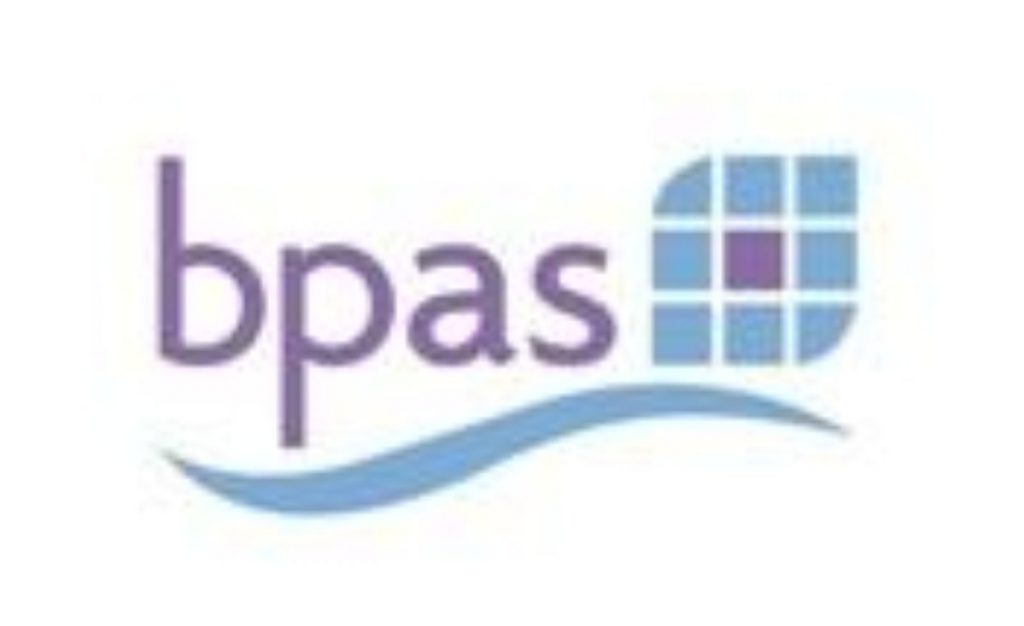BPAS comments on new abortion statistics confirming a fall in abortion numbers in England and Wales in 2008 and welcomes more early abortions taking place at earlier stages
Please note that 2008’s English and Welsh abortion statistics were released this morning by the Department of Health at 9.30am.
http://www.dh.gov.uk/en/Publicationsandstatistics/Publications/PublicationsStatistics/DH_099285
Dr Patricia Lohr, Medical Director of the British Pregnancy Advisory Service (BPAS), which provides contraception and abortion services, said of the new statistics
‘We are pleased to see that these statistics show more abortions are happening at an earlier stage- there has been a 3% rise in the number of under of 10 weeks’ abortions which are now at 73%. 90% of all abortions were carried out under 13 weeks. We also note that the numbers of later abortions remain comparatively tiny at 1% after 20 weeks, reflecting the complex circumstances in which these are requested.
‘Abortion figures have tended to fluctuate slightly year-on-year but the overall background trend remains for a gradual rise in the numbers of abortions. On the back of the unusually large 3.9% rise in 2007, 2008’s fall of 1.6% seems to reflect a stabilisation in abortion numbers along this gently growing upwards trend.
‘This gradual rise fits in with current picture of the population in the UK. We have a slowly increasing number of women of reproductive age in the population. We can see that conceptions remain at a raised level, meaning that numbers of births, miscarriages and abortions have slowly increased proportionately.
‘Women remain concerned to make sure the time is right for them to take on the important role of becoming a parent. Abortion figures reflect women’s recognition of the significance of this. We also know that contraceptive methods in typical use have relatively high failure rates. Furthermore we know that sex is not always planned or prepared for. It’s important that services reflect the reality of women’s lives and make sure contraception and abortion services are as flexible and accessible as possible.’
ENDS
NOTES for EDITORS
For more information, or to request an interview with BPAS’ Medical Director Patricia Lohr, please contact the BPAS press office on 020 7612 0206 or 07788 725 185.
See the 2008 DH statistics for England and Wales here: http://www.dh.gov.uk/en/Publicationsandstatistics/Publications/PublicationsStatistics/DH_099285
Abortion figures have recently risen and fallen- for example between 1998 and 1999 there was a fall in numbers of 2.2% and again between 2001 to 2002 there was a fall of 0.5%, but the overall trend since then has been a rise.
Figures to 2007 for women in England and Wales within the reproductive age range (15-44) are available here: http://www.statistics.gov.uk/statbase/Expodata/Spreadsheets/D9543.xls
The UK’s most commonly used contraceptives are the Pill and male condoms. The failure rate in typical use of the Pill is 8%, for condoms 15%. http://www.ncbi.nlm.nih.gov/pubmed/15288211
BPAS, (the British Pregnancy Advisory Service) has been a registered charity since 1968, and is the UK’s leading sexual healthcare provider. As well as contraceptive advice and treatment, in 2008 BPAS carried out around 60,000 terminations of pregnancy in 2008. 92% per cent of all BPAS’ not-for-profit treatments were carried out on behalf of the NHS. Typical non-NHS funded clients may have travelled from Eire, Northern Ireland or Italy, locations where access to safe, legal abortion remains restricted by law. BPAS has centres across England, Wales and Scotland. Please see www.bpas.org for further information.
The UK public’s continued support for safe, legal abortion was demonstrated in a weighted, representative MORI poll from 2006. 63 per cent of a representative sample of GB adults agreed that ‘if a woman wants an abortion, she should not have to continue with her pregnancy’. 18 per cent disagreed with this. Please see:
http://www.bpas.org/bpasknowledge.php?year=2006&npage=0&page=81&news=13
A 2007 weighted, representative poll of British faith groups including Catholics and Protestants showed definitive support for a woman’s right to have an abortion in cases of unwanted pregnancy
” target=”_blank”>http://www.catholicsforchoice.org/news/pr/2007/PollshowsUKCatholicsandProtestantssupportabortion.asp
The Royal College of Obstetricians and Gynaecologists, (RCOG) states that ‘At least one-third of British women will have had an abortion by the time they reach the age of 45’ (see p1, ‘Care of women requesting induced abortion’, Evidence-based Guideline Number 7, Sept 2004).
For most women, having an abortion poses fewer medical risks than going through pregnancy and birth. See the Royal College of Obstetricians and Gynaecologists’ (RCOG) information on this for more details. The 1967 Abortion Act requires that two doctors must agree that the risk to a woman’s physical or mental health, or the risk to her children’s physical or mental health will be greater, if she continues with the pregnancy than if she ends it. This applies up until 24 weeks’ gestation. This Act does not apply in Northern Ireland.
Doctors agree that in countries where safe, legal abortion is not available, women’s lives are put at risk. Worldwide 68,000 women die each year after unsafe abortion, according to the World Health Organisation. Many thousands of others are left with severe long-term health problems as a consequence.
Laura Riley
Press and Public Policy Manager
BPAS
26-27 Bedford Square
London WC1B 3HP
t: 020 7612 0206
m: 07788 725 185
e: laura.riley@bpas.org





-01.png)